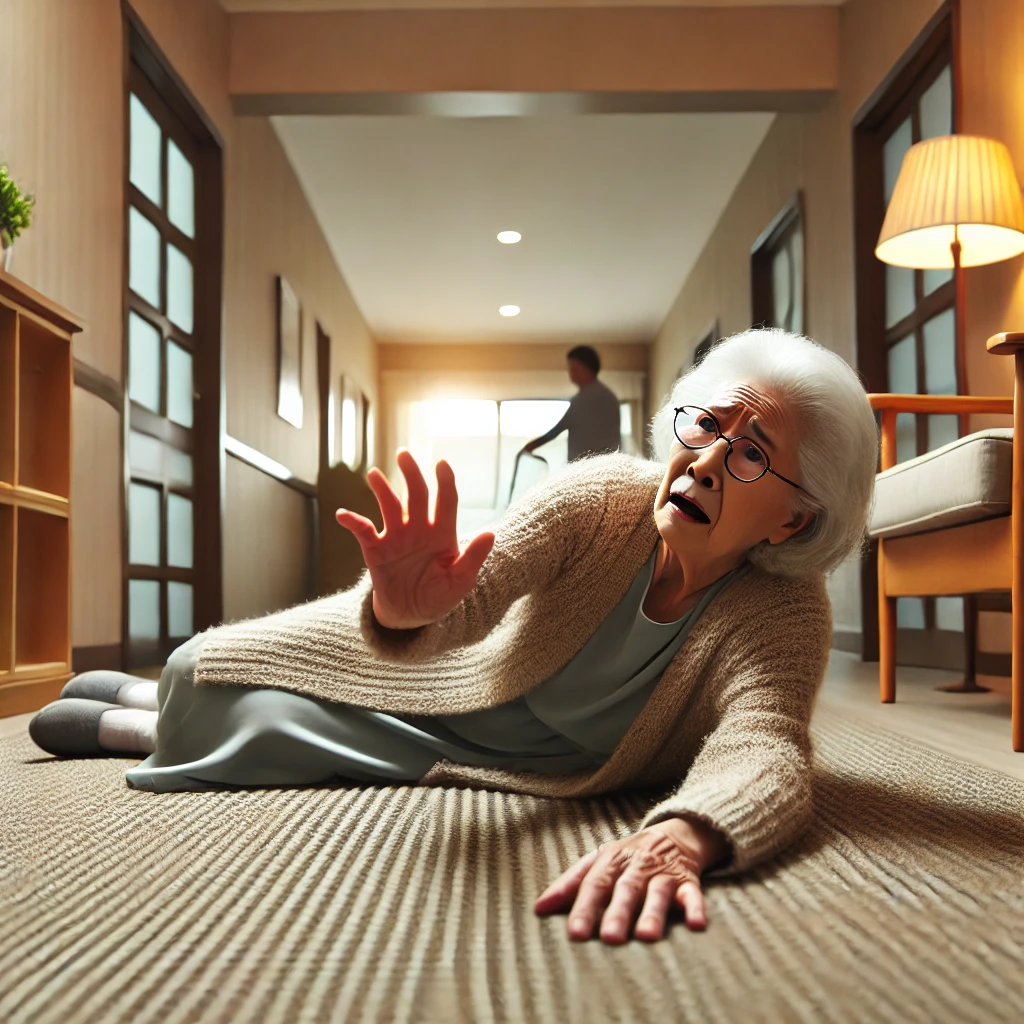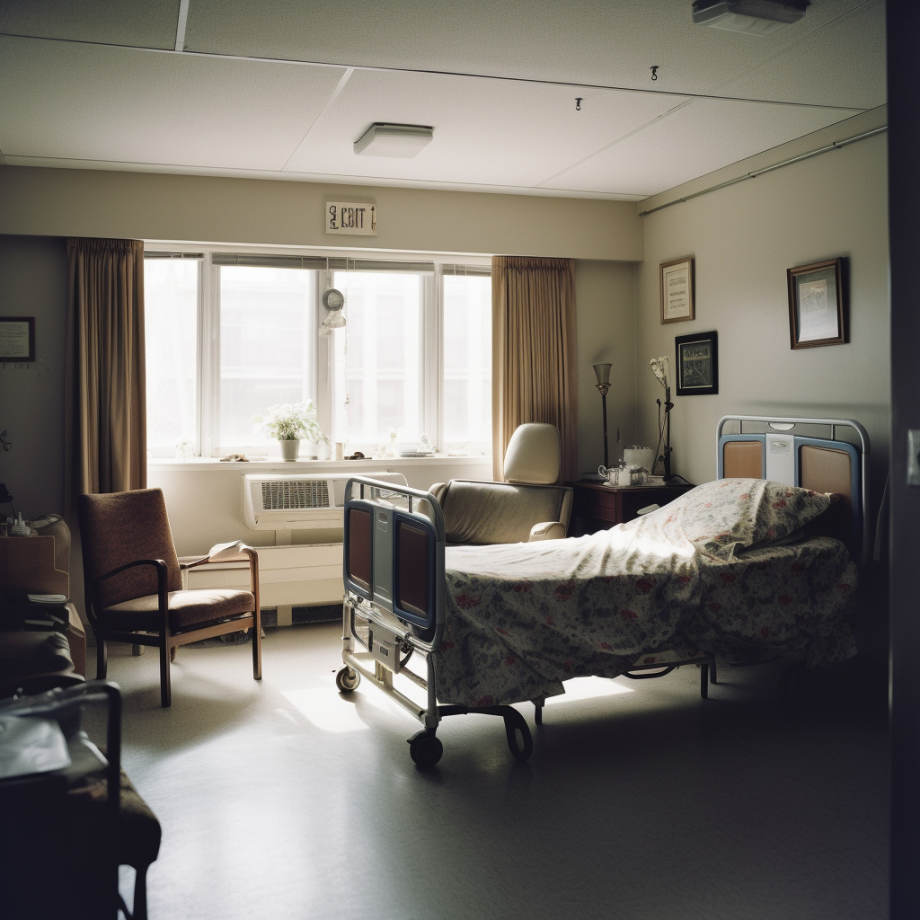When a loved one is injured in a nursing home, the pain and uncertainty can feel overwhelming. Many of us turn to nursing homes to provide our loved ones with a caring environment and a professional staff to give them the extra attention they need. Unfortunately, many seniors experience neglect and abuse in assisted homes, long-term care facilities, and nursing homes, sometimes even leading to serious injuries and wrongful death.
If you believe your loved ones have suffered abuse at a nursing care facility, our nursing home abuse lawyers at Shelsby & Leoni are here to offer compassionate support and guidance. We work on a no-win, no-fee basis, so you can focus on healing while we fight for justice and dignity for your family.
Nursing Home Abuse Lawyer Near Me
Our office serves all of Delaware and Maryland, including Wilmington, Newark, Dover, Middletown, Milford, Georgetown, Lewes, Harrington, Hockessin, Pike Creek, Annapolis, Baltimore, Elkton, Bel Air, Towson, Salisbury, Bowie, Upper Marlboro and Rockville. Please contact us to learn more about how we can help.
How Common Is Nursing Home Abuse?
Nursing home abuse is so common that it is estimated that one in six people living in these facilities experiences abuse each year. Those most likely to be neglected and/or abused include women, residents who require additional care, and residents with access to wealth.
Corruption is not uncommon in the nursing home setting. Nursing homes are routinely inspected by Medicaid personnel, but citations often go unreported based on the inspector’s concept of what is acceptable and what is not. Even when a citation is made, the citation can be appealed multiple times by the nursing home so that their overall rating is not impacted.
As a result of such diversion of funds, many residents do not see a doctor regularly. Instead, they may see a nurse who is responsible for multiple patients, many with more serious medical needs. Combine this with the fact that nursing homes are private enterprises that collect money from their residents, and we see a picture of a booming economic enterprise where nursing home owners are profitable while their residents are neglected and ill-cared for.

Can You Sue a Nursing Home for Abuse?
In cases where a nursing home resident has been abused but is not able to file a lawsuit themselves, other loved ones and/or family members may be able to file a claim. The resident themself may file a claim for abuse, but if they are deceased or incapacitated, the following individuals may bring suit:
- Next of kin, such as the resident’s spouse, children, or parents
- Other close family members
- A representative of a resident’s estate or trust
Signs of Nursing Home Abuse
We trust nursing homes to provide comfort and care to individuals in need who can no longer care for themselves. Unfortunately, nursing home neglect and abuse are major issues in the United States. Types of nursing home abuse commonly seen in neglect cases include:
- Bedsores
- Injuries suffered in falls where fall protection should have been provided
- Malnourishment and dehydration
- Medication errors
- Burns
- Lack of oxygenation monitoring for patients with pulmonary problems
In Indiana, a formal complaint was filed against a nursing home where a resident was repeatedly left without assistance to the bathroom, leaving them soiled for hours in their bed. Although the issues were addressed, the complaint did not mention the particular resident; the facility remains in operation today. The health department where the complaint was filed received 941 complaints alleging neglect and abuse in 2022 alone.
Nursing home neglect and physical abuse aren’t the only ways that residents in nursing homes may be mistreated. Thirteen staff members at a Colonial Heights nursing home, for instance, were charged with neglect, abuse, falsification of medical records, and obstruction of justice, both of which are felony charges. Unfortunately, by the time many of these cases are reported, the residents have endured such significant neglect and abuse that it is sometimes fatal.
Falls in Nursing Homes
There is a broad definition of falling in a nursing home. The Centers for Medicare and Medicare Services defines a nursing home fall as “unintentionally coming to rest on the ground, floor, or other lower level, but not as a result of an overwhelming external force (e.g., resident pushes another resident).” An episode where a resident lost his/her balance and would have fallen, if not for staff intervention, is considered a fall.
A fall without injury is still a fall. Unless there is evidence suggesting otherwise, when a resident is found on the floor, a fall is considered to have occurred. Preventing these falls requires a multifaceted approach by the facility that involves:
- Routine safety inspections of pathways, flooring, handrails, and carpet
- Current fall risk assessments of each resident
- Environmental modifications as needed to keep residents safe
- Proper staff training to educate facility team members about fall prevention and care
- Adequate, attentive staff members to help residents ambulate properly through the facility
Proper and timely reporting of fall incidents and head-to-toe medical assessments after a fall are also important to ensure residents are not subject to unnoticed injuries and that they are protected from future falls.

What Are the Grounds for Filing a Lawsuit?
In 1987, Congress passed laws that mandate nursing homes participating in Medicare and Medicaid to comply with certain standard-of-care rules. The Nursing Home Reform Act states that nursing homes across the United States are to “provide services and activities to attain or maintain the highest practicable physical, mental, and psychosocial well-being of each resident in accordance with a written plan of care.”
To be eligible to participate in Medicare and Medicaid, nursing homes must adhere to federal requirements for long-term care facilities. These include having sufficient nursing staff, conducting comprehensive and accurate initial assessments of each resident’s functional capacity, and developing comprehensive care plans for them. If a resident is unable to carry out activities of daily living, such as bathing, dressing, grooming, eating, and more, the nursing home is responsible for providing them with the necessary services to maintain good nutrition, grooming, and personal oral hygiene.
A nursing home is required to ensure that all residents receive proper treatment and assistive devices to maintain vision and hearing abilities; do not develop pressure sores; receive appropriate treatment to restore normal bladder functioning, to the extent possible; and receive adequate supervision and assistive devices to prevent accidents. When it comes to nutrition and fluid intake, nursing homes are required to ensure residents’ proper nutrition, hydration, and health, and make sure to minimize any significant nursing home medication errors.
Quality of life, dignity, and respect are important aspects of nursing facility residency, and as such, these facilities must help residents choose the right activities, schedules, and healthcare, as well as provide appropriate pharmaceutical services that are correctly administered and recorded.
Why Should I Hire Shelsby & Leoni for Filing a Nursing Home Abuse Case?
Hiring an attorney can protect your right to file a compensation claim. Nursing homes will not quickly admit fault, and their insurers may attempt to convince you to accept a settlement offer that is much lower than you deserve.
The nursing home and its insurer likely have an army of nursing home abuse attorneys working for them. You need an experienced legal team by your side to advocate for your rights as well.
Hiring a nursing home abuse attorney from Shelsby & Leoni protects your interests and connects you with a team of professionals experienced in nursing home laws. We have helped many survivors and their family members secure compensation for nursing home abuse and neglect, and we are ready to take your case as well. While our attorneys fight for your compensation, you can attend to your recovery or assist a loved one’s recovery.
Nursing Home Abuse Lawyer: FAQs
Here are some of the questions we receive most often about nursing home abuse. If you don’t see yours answered here, reach out to our Milford, DE nursing home team for a free consultation.
What Can You Do to Prevent Nursing Home Abuse?
While it may not always be possible to prevent unfortunate incidents, you could mitigate the chances of them happening through vigilance. Visit the home regularly, during different hours if possible, and learn to look for the signs of abuse.
Consider using tech devices that report health information, like watches or monitors. It can also be helpful to speak to staff members and keep lines of communication open with them.
Can You Sue a Nursing Home for Neglect if You Didn’t Have a Contract?
Yes, if you or a loved one was abused or neglected, you may still recover damages. Even if you did have a contract with explicit warnings included, the nursing home cannot fully escape responsibility. In other words, you should be able to seek compensation for damages for neglect and abuse with the help of experienced nursing home neglect lawyers.

Is It Difficult to Sue a Nursing Home?
Suing a nursing home can be a complex process. The nursing home and its insurer have strong legal teams to help them avoid lawsuits. This is why it’s important to have an experienced trial attorney on your side to give you a better chance of winning your case.
Can You Sue a Nursing Home for a Fall?
Yes. If you or a loved one has fallen in a nursing home, report the fall immediately and contact a reputable nursing home abuse attorney to help you file your claim. The nursing home and its staff may attempt to convince you that the fall was not as bad as it was, or even that it did not occur.
Having a lawyer to protect your rights can help you avoid accepting false information or lowball settlement offers.
Have More Questions? Contact a Nursing Home Abuse Lawyer at Shelsby & Leoni Today
We understand that a nursing home abuse lawsuit is more than just a legal matter — it is about ensuring the dignity and well-being of someone who deserves the best care. If your family member has suffered abuse or sustained a nursing home injury, you don’t have to face this alone. Our nursing home neglect lawyers are available for a free consultation.
